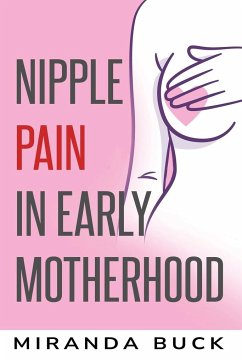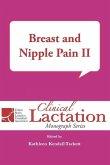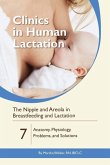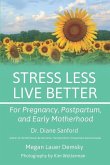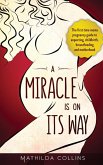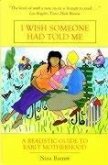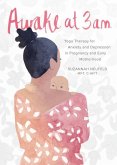Most Australian women plan to breastfeed, yet half of new mothers stop breastfeeding before they planned and very few meet the National Health and Medicine Research Council recommendations for optimal infant feeding. By three months of age about 50% of babies are being fed non-human milk and 80% by twelve months. Nipple and breast pain are significant problems for breastfeeding women and a key barrier to establishing long term breastfeeding. This thesis explores nipple and breast pain in breastfeeding women as a phenomenon using both qualitative and quantitative methods. Quantitative data were gathered from a prospective cohort study of 360 primiparous breastfeeding women recruited in Melbourne, Australia to form two of the six papers in this thesis. A qualitative study was conducted with 25 of those women, using phenomenographic analysis of an online discussion forum. Finally a case series report of a novel treatment for sore nipples completes the comprehensive exploration of nipple pain in early motherhood. After birth, before leaving hospital, 79% of the women reported nipple pain and over the eight weeks of the study 58% reported nipple damage. Almost all the women used topical treatments on their nipples, although there is insufficient evidence to recommend many treatments commonly used. The women described feeling unprepared for the severity of breastfeeding difficulties, vulnerable, isolated and burdened by this responsibility. New mothers found participating in a research study to be a supportive and helpful experience.

